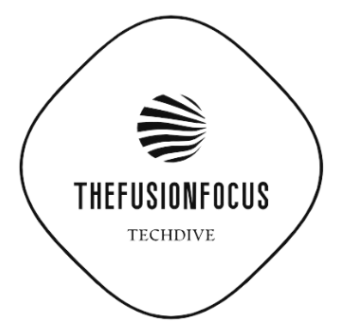
Discover Digital Success: The Crucial Role of SEO in Modern Marketing Strategies
In today’s digital age, the importance of digital marketing cannot be overstated. As businesses strive to establish their online presence and reach their target audience, digital marketing emerges as a powerful tool for achieving success in the digital landscape. Among the various components of digital marketing, Search Engine Optimization (SEO) plays a pivotal role in driving organic traffic, enhancing visibility, and maximizing the effectiveness of marketing efforts.
Why Digital Marketing Matters
In a world where consumers are increasingly turning to the internet to research products, services, and solutions, digital marketing has become indispensable for businesses of all sizes. Unlike traditional marketing methods, digital marketing offers unparalleled reach, targeting capabilities, and measurability, making it a cost-effective and efficient approach to connect with potential customers.
Digital marketing encompasses a wide range of strategies and tactics, including content marketing, social media marketing, email marketing, and search engine optimization (SEO). Each of these components plays a unique role in a comprehensive digital marketing strategy, working together to achieve common objectives such as brand awareness, lead generation, and customer engagement.
The Role of SEO in Digital Marketing
Among the various components of digital marketing, SEO stands out as a cornerstone for driving organic traffic and improving online visibility. SEO involves optimizing a website’s content, structure, and backend elements to rank higher in search engine results pages (SERPs) for relevant keywords and phrases. By enhancing a website’s visibility in search engines like Google, SEO helps businesses attract qualified organic traffic and increase their chances of converting visitors into customers.
Digital marketing encompasses a wide range of strategies and tactics, including content marketing, social media marketing, email marketing, and search engine optimization (SEO). Each of these components plays a unique role in a comprehensive digital marketing strategy, working together to achieve common objectives such as brand awareness, lead generation, and customer engagement.
Keywords: The Foundation of SEO
Keywords are at the heart of SEO, serving as the foundation for optimizing a website’s content and targeting specific search queries. Effective keyword research is essential for identifying relevant keywords with high search volume and low competition, allowing businesses to optimize their content to align with the intent of their target audience.
Digital marketing encompasses a wide range of strategies and tactics, including content marketing, social media marketing, email marketing, and search engine optimization (SEO). Each of these components plays a unique role in a comprehensive digital marketing strategy, working together to achieve common objectives such as brand awareness, lead generation, and customer engagement.
Content Optimization: Creating Value for Users
Content optimization is a fundamental aspect of SEO, focusing on creating high-quality, relevant, and engaging content that resonates with both users and search engines. By producing valuable content that addresses the needs, interests, and pain points of their target audience, businesses can attract organic traffic, build authority in their niche, and establish trust with their audience.
On-Page SEO: Enhancing User Experience
On-page SEO involves optimizing various on-page elements of a website, such as meta titles, meta descriptions, headings, and image alt tags, to improve its visibility and relevance in search engine results. By optimizing these elements, businesses can enhance the user experience, make their content more accessible to search engines, and increase their chances of ranking higher in SERPs.
Off-Page SEO: Building Authority and Trust
Off-page SEO focuses on building external links and references from other websites to improve a website’s authority, credibility, and trustworthiness in the eyes of search engines. Backlinks from reputable and relevant websites serve as a vote of confidence for a website’s content, signaling to search engines that it is valuable and deserving of higher rankings.
Technical SEO: Ensuring Accessibility and Indexability
Technical SEO involves optimizing the technical aspects of a website, such as site speed, mobile-friendliness, and crawlability, to ensure its accessibility and indexability by search engines. By addressing technical issues and implementing best practices, businesses can improve their website’s performance, user experience, and search engine rankings.
In Conclusion
In today’s competitive digital landscape, digital marketing and SEO are essential components of a successful online presence and marketing strategy. By leveraging the power of SEO, businesses can enhance their visibility, attract qualified organic traffic, and achieve their marketing objectives effectively. As technology continues to evolve and consumer behavior shifts, investing in digital marketing and SEO remains crucial for staying ahead of the competition and unlocking digital success.
With a comprehensive understanding of the role of SEO in digital marketing, businesses can develop strategic SEO strategies, optimize their online presence, and capitalize on the vast opportunities available in the digital marketplace. By embracing SEO as a fundamental pillar of their digital marketing efforts, businesses can position themselves for long-term success and growth in an ever-changing digital landscape.
